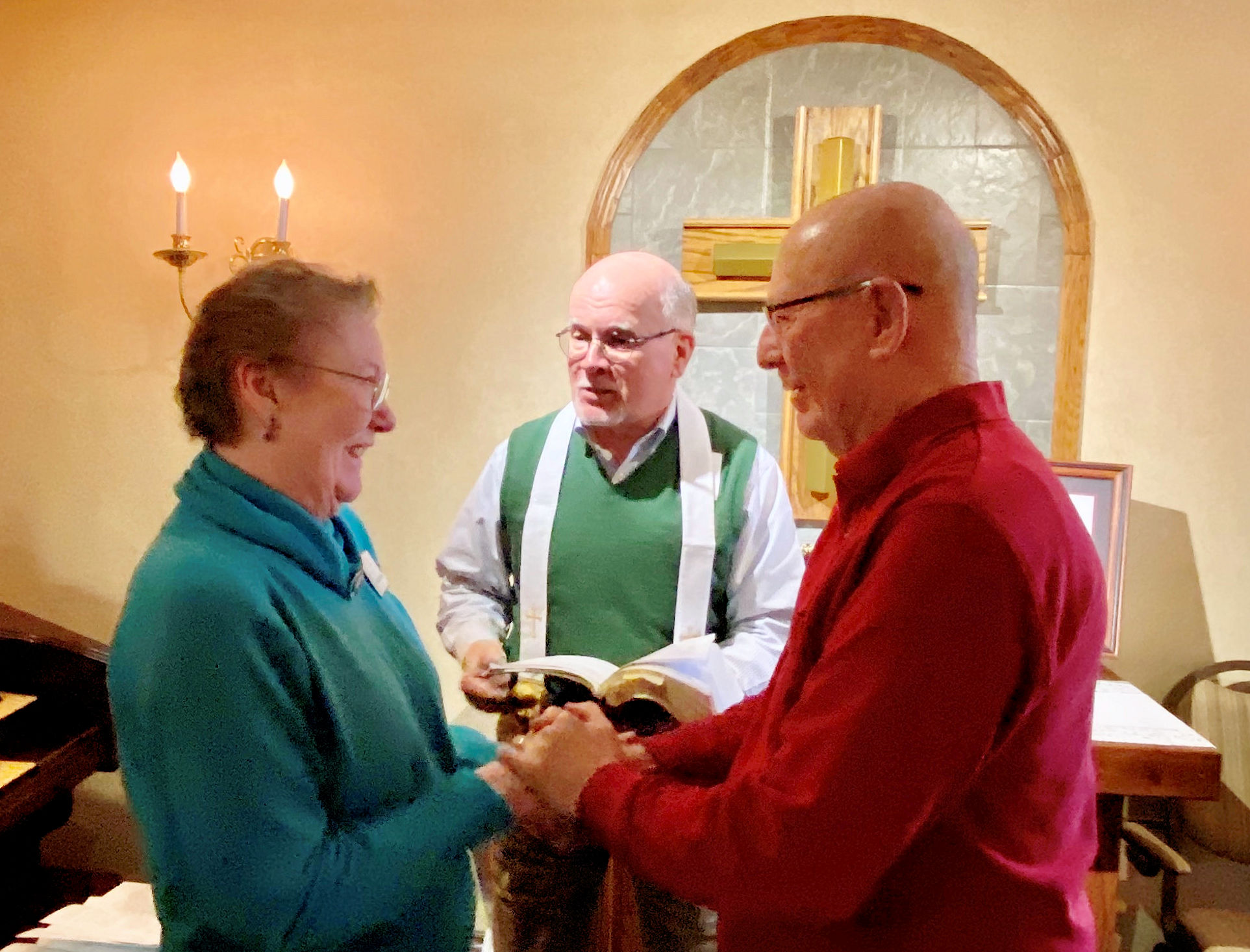Editor’s note: Susan Hill, a member of the active age board of directors, lives at Larksfield Place, one of many area senior communities affected by the threat of coronavirus.
On Thursday, March 12, independent living residents of Larksfield Place were told it was being placed under restricted access because of the threat of coronavirus. But we didn’t know what that meant. We thought perhaps no one would be allowed in or out. In a facility with as many staff and residents as Larksfield — about 350 of each— that was not practical. We needed our staff, at least the most essential staff. And there were, and would be, emergencies when residents had to leave and return.
Throughout Thursday and up until the general meeting at 9:30 a.m. the next day, the administration, staff and residents’ council worked to sort out the rules by which we would be living until the threat was over.
After the Friday meeting — it was standing room only—we realized our responsibility as independent residents was to limit our travel outside the building (and back in again) on the honor system. We are, in other words, responsible for our community’s health.
Some people got angry about the restrictions and about such things as having their temperature checked when entering the main building. Others took on the responsibility with the seriousness one would hope of mature, intelligent adults.
All the doors were locked to prevent incoming access except for residents whose key fobs continue to work on most doors. Starting Friday afternoon, only the front door was available for access to the building by non-residents. It has a station to check people as they come in. The check-in area has two people, one resident and one staff member, who ask each visitor a series of questions and take each visitor’s temperature. The resident’s role is to explain to visitors why they can’t enter.
Staff and residents went through this same check-in routine and also were questioned about any contacts outside and their temperatures are taken. They then went to their normal stations. Venders were carefully screened. Friends and relatives were allowed to deliver items to residents by dropping off the items at the door; then they have to leave.
Meals are normally provided three times a day, seven days a week, and there has been no change in that regard. Some staff members are carrying a bigger load than normal in order to limit our possible exposure to the virus. We have health services, a library, a bank, mail service and activities. The primary hardship for residents is not being able to get outside the facility except for critical needs such as medical attention.
It was like living on a land-locked cruise ship with reasonable comfort and services, with everyone speculating each day what will come next and how long it will be before we can go out.
Not long before all this happened, I had become engaged to another Larksfield resident, Bob Hill. We planned to get married in the Larksfield auditorium with friends and family in attendance on April 10, Good Friday.
On March 12, we cancelled that date realizing our families likely wouldn’t be able to attend. Instead we decided to go up to my son’s place in Olathe on Saturday the 14th. He has the credentials to marry us.
But on March 13, the big meeting at Larksfield convinced us it would be unwise to travel outside of Larksfield.
We went to the Chaplain’s office and asked him if he would marry us. He said, “sure, when would you like? Monday? Tuesday?” We said “today” simultaneously, to which he said, “How does 3:30 this afternoon sound?” “Sold,” we said. And so it came to pass, with two witnesses from Larksfield, we were married in the Larksfield chapel on Friday, the 13th. We had found a way to get married and still stay safe under the ever-changing coronavirus guidelines.










